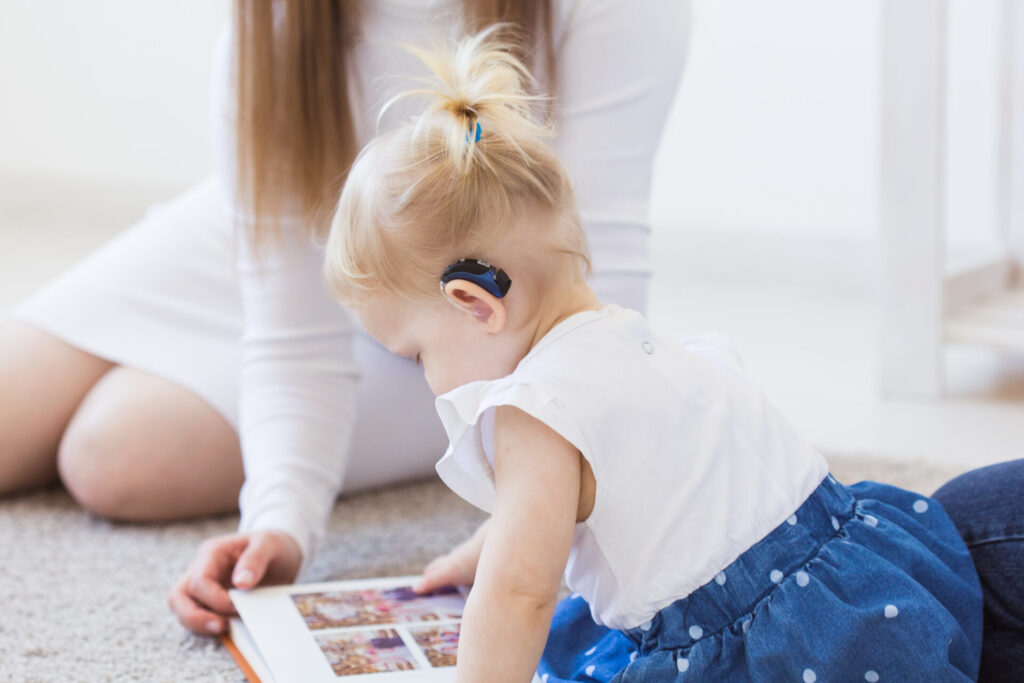
In the context of this project, ‘disability-inclusive’ means inclusive of disabled parents and their children, and disabled children and their families.
Research conducted in the UK and globally highlights good practice regarding pre-natal, natal and post-natal support for disabled people who are pregnant. Unfortunately, it also highlights an array of challenges and barriers that they encounter, including inaccessible locations, insufficiently inclusive models of care, lack of suitable information. Staff are not always sufficiently knowledgeable about the needs of these parents and sometimes hold negative attitudes. As a result, disabled people who are pregnant are not always receiving high quality, respectful services and support.
Around 11% of children in the UK are disabled. For many, their conditions and impairments are part of their lives from birth, are early onset or are diagnosed within their first 1000 days of life. Families of disabled children often contest widely held beliefs that the birth of a disabled children is tragic (for the child and parents), or that having a disabled child is an unbearable burden. They also point to myriad challenges they face within disabling societies and, consequently, to a rollercoaster of emotions and experiences. As the charity Contact a Family reported in 2021:
‘Families with disabled children have the same hopes and dreams as other families. They want to see their children reach their full potential and enjoy time together as a family. However, families with disabled children face an overwhelming combination of financial, emotional and practical pressures…’
Contact a Family, Forgotten Families: The impact of isolation on families with disabled children across the UK.
Without appropriate and timely information and support, these families can find it difficult to cope and are at risk of becoming isolated. According to the Joseph Rowntree Foundation’s ‘UK Poverty 2023’ Report[2], around 30% of families with a disabled child are living in poverty. Sadly, some groups of disabled children, especially those with learning disabilities, are more likely to experience health inequalities associated with preventable environmental determinants. Disabled children are also at significantly increased risk of being abused or neglected.
There is urgent need to develop enhanced approaches to supporting (a) disabled people who are pregnant and (b) disabled children and their families within the first 1000 days of a child’s life. This is a neglected area of research and development in the realm of Health and Social Care.
My First 1000 Days will develop a model of group care that seeks to breaks the vicious circle of poor quality and inadequate (or insufficiently co-ordinated) service provision, by offering care that enhances the health and wellbeing of children and parents, holistically. The objective is to empower parents. This strand of work will ensure that the model of group care developed, helps ensure the best start in life for all children and alleviate a number of key pressures faced by disabled families.
We will work with disabled parents and families of disabled children in the spirit of ‘Nothing About Us Without Us’. Together we will develop a vision for a disability-inclusive model of group care that builds upon the best of existing support services/mechanisms and addresses gaps in current provision.

